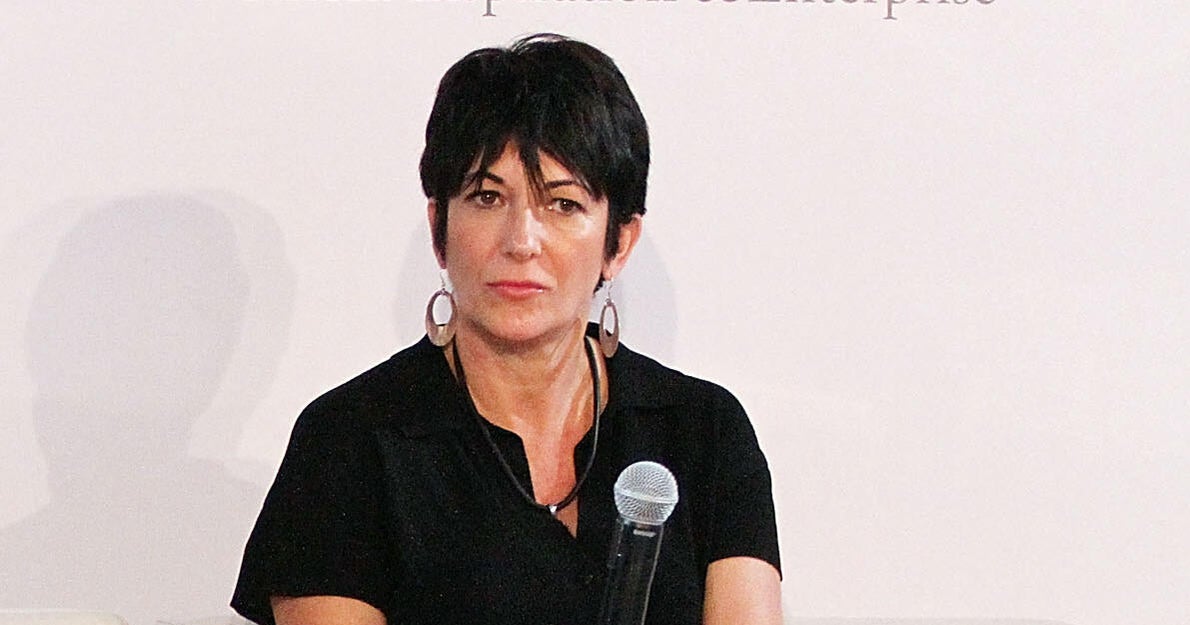The legal team representing Ghislaine Maxwell, once a confidante to the notorious Jeffrey Epstein, is engaged in a crucial legal battle against the Justice Department’s efforts to unseal grand jury testimony linked to her case. The attorneys argue that revealing these details could infringe on Maxwell’s right to a fair trial. This standoff underscores a complex saga surrounding the rights and the handling of information in high-profile criminal cases.
Ghislaine Maxwell, who is currently serving a 20-year sentence for her involvement in recruiting, grooming, and sexually abusing minors, is at the center of a controversy following her attempt to leverage a non-prosecution deal initially extended to Epstein about two decades ago. Her conviction has been challenged, and the matter has reached the Supreme Court, which is set to consider her case this September. The stakes are high, not only for Maxwell but also for the legal precedents concerning plea deals and prosecutorial discretion.
The attempt by the Justice Department to unseal grand jury testimony stems from their broader investigation into the crimes committed by Epstein, who died by suicide while awaiting trial in 2019. Maxwell’s attorneys vehemently oppose this move, arguing in a detailed nine-page court filing that the release of such sensitive information could compromise their client’s legal rights. They are particularly concerned about grand jury secrecy, a foundational principle of the American legal system that ensures the confidentiality of what happens before a grand jury to protect the accused and those who testify.
This argument is not just about keeping certain details hidden, but rather about the implications of disclosing grand jury proceedings which generally remain secret except under exceptional circumstances. David Markus, Maxwell’s attorney, emphasized in the filing that the public’s interest in the Epstein scandal should not override the fundamental protections afforded to a living defendant who is actively contesting her conviction.
Maxwell’s legal team also pointed out that much of the prosecution’s narrative has shifted onto Maxwell, in light of Epstein’s death. According to them, this shift has turned Maxwell into a scapegoat, bearing the brunt of the public and judicial scrutiny for the heinous acts primarily attributed to Epstein. They argue that this is unfolding while Maxwell has not fully exercised her right to review the grand jury material foundational to her conviction—a point which they believe questions the fairness of the proceedings against her.
Additionally, Maxwell’s lawyers contend that the U.S. government, in seeking to unseal the grand jury transcripts, is proposing to make public records that were never scrutinized through adversarial testing in a court—records that contain hearsay and might not be entirely reliable, yet could significantly influence public perception and legal outcomes against Maxwell.
Amidst these developments, another narrative is unfolding where Annie Farmer, one of Epstein’s accusers, through her legal representation, is advocating for the unsealing of the grand jury transcripts. Farmer’s legal team argues that revealing these details is essential for public accountability and could provide a clearer scope of Epstein and Maxwell’s crimes along with insights into their enablers. This position illustrates a clash not just of legal arguments but also of perspectives on justice and transparency.
Protecting the identities of the victims has been a priority in these deliberations. Proposals have been put forward to ensure that any disclosure of the grand jury records does not inadvertently reveal victims’ identities or personal details, thereby safeguarding their privacy and dignity. This aspect has become a significant point raised by other victims and their representatives, who have suggested measures such as third-party reviews of the proposed redactions to ensure that the victims’ anonymity and security are maintained.
Meanwhile, intriguing developments have emerged regarding Maxwell’s discussions with Deputy Attorney General Todd Blanche. Reports indicate that these discussions, part of a routine legal procedure recorded through audio and transcripts, covered numerous topics, though specific details remain undisclosed. There is ongoing speculation and dialogue within political circles about potentially making parts of this record public, which could shed new light on Maxwell’s stance and her insights into Epstein’s operations.
The dispute over the unsealing of grand jury transcripts in New York follows a notable decision by a federal judge in Florida, who denied a similar request from the Justice Department to unseal records from past grand jury proceedings related to Epstein in that state. This precedent adds another layer of complexity to the ongoing legal dialogue surrounding the cases of Epstein and Maxwell.
As Maxwell’s appeal looms, the battle over these grand jury transcripts remains a pivotal part of the narrative. It encapsulates numerous legal and ethical dilemmas, from the rights of the accused and the integrity of legal processes to the public’s right to know and the victims’ demand for justice. A balance must be struck carefully to uphold the principles of justice, fairness, and transparency in a case that has captured global attention and sparked widespread controversy.









